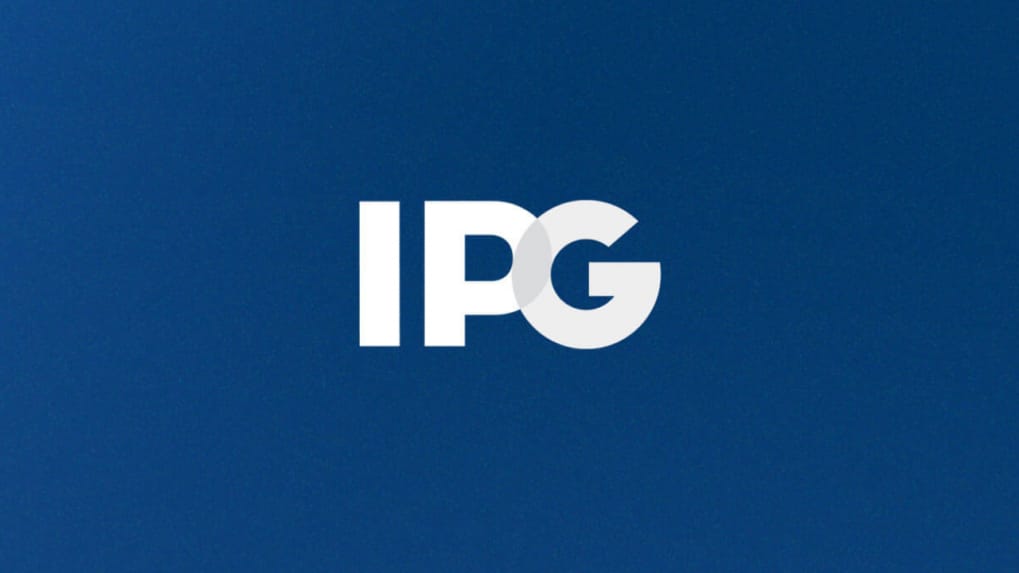Advertising
From Pink Slips to Silent Sidelining: Inside adland’s layoff and anxiety crisis

Interpublic Group (IPG) has reduced its global workforce by 3,200 employees, or just over 5%, since January 2025- as the advertising giant undergoes a major restructuring ahead of its pending $13.5 billion merger with Omnicom Group.
According to IPG’s exchange filings for the quarter ended September 30, 2025 (Q3), the company eliminated 800 roles during the three-month period, following the 2,400 job cuts made in the first half of the year. The company also vacated approximately 135,000 square feet of office space in Q3 as part of its ongoing cost-optimization efforts.
"In the first quarter of 2025, management initiated restructuring actions which are designed to transform our business, enhance our offerings and drive significant structural expense savings. Management currently expects the total charges in connection with these actions to be approximately $450.0 - $475.0, a portion being non-cash, which is subject to change upon finalization of the actions. Actions are expected to be completed by the end of 2025," the company noted.
"During the three months ended September 30, 2025, severance and termination costs related to a planned reduction in workforce of approximately 800 employees. During the nine months ended September 30, 2025, severance and termination costs related to a planned reduction in workforce of approximately 3,200 employees. The employee groups affected include executive, regional and account management as well as administrative, creative and media production personnel," it added.
Lease impairment costs, which relate to the office spaces that were vacated as part of the 2025 restructuring actions and reduced its occupied global real estate footprint by approximately 135,000 and 730,000 square feet for the three and nine months ended September 30, 2025, respectively, included impairments of operating lease right-of-use assets.
Revenue dips, profit edges higher
For the third quarter, IPG reported a 5.1% year-on-year (YoY) decline in revenue, even as profits improved due to cost savings and operational streamlining. Consolidated organic revenue fell 2.9% YoY, driven primarily by net client losses in the retail, automotive, and transportation sectors, along with reduced spending from existing clients.
The company cited weaker performance in the U.S. market, where organic revenue declined 1.5%, largely due to slowdowns in sports marketing, advertising, digital project-based offerings, and data analytics services.
Regionally, IPG recorded revenue declines across key markets:
UK: down 8.3%
Continental Europe: down 4.2%
Asia-Pacific: down 6.0%
Latin America: down 12.9%
These declines were partially offset by growth in the Middle East, where advertising and media businesses continued to expand.
Client momentum and sectoral performance
Despite top-line pressure, IPG reported new business wins and client growth in the food & beverage, healthcare, financial services, and technology & telecom sectors. Notably, in late September, IPG was selected as the global agency partner (creative, production, and media) for Bayer’s Consumer Health division, underscoring its continued strength in integrated marketing capabilities.
Restructure ahead of Omnicom merger
The ongoing headcount reduction forms part of a larger restructuring initiative that CEO Philippe Krakowsky first outlined during the company’s February 2025 investor call. At the time, Krakowsky said the reorganization was expected to generate $250 million in savings in 2025, independent of the $750 million in synergies projected from the upcoming merger with Omnicom.
According to IPG’s SEC filing in August, the initial job cuts included 1,500 roles in Q1 and 900 more in Q2, affecting positions at executive, regional, and account management levels, as well as creative, administrative, and media production functions. IPG confirmed the total job losses to Campaign but declined to provide further details.
In 2024, IPG had already reduced its headcount by 4,100 to 53,300 employees, partly due to the sale of Hill Holliday and Deutsch New York. By the end of June 2025, the company’s workforce had fallen to 51,300, and factoring in the Q3 cuts, is now estimated at around 50,900 employees.
Merger timeline and regulatory clearance
The Omnicom–IPG merger, one of the largest in the advertising industry’s history, is expected to be completed by the end of November 2025, pending final approval from the European Union. Regulatory clearance has already been granted by authorities in the U.S., U.K., and Mexico.
In its Q3 earnings call, Omnicom CEO John Wren said the company plans to unveil its post-merger structure and portfolio strategy during CES in January 2026.
The U.K. Competition and Markets Authority (CMA) is currently reviewing whether the merger could lead to a “substantial lessening of competition” in the advertising market. The first phase of the CMA inquiry, launched in May, had a deadline of August 13, 2025, after which the watchdog may decide whether to initiate a deeper probe.
Omnicom itself has been tightening operations, having cut 3,000 jobs in 2024, leaving it with 74,900 employees at year-end.
To prepare for the IPG integration, Omnicom incurred $89 million in Q2 repositioning costs. In July, its CFO Angelastro added, "As we get closer to closing the acquisition of IPG, we'll be evaluating ways to accelerate savings opportunities prior to the closing date. We continue to expect to achieve our cost savings target of $750 million."
From purpose-driven work and narrative-rich brand films to AI-enabled ideas and creator-led collaborations, the awards reflect the full spectrum of modern creativity.
Read MoreLooking ahead to the close of 2025 and into 2026, Sorrell sees technology platforms as the clear winners. He described them as “nation states in their own right”, with market capitalisations that exceed the GDPs of many countries.